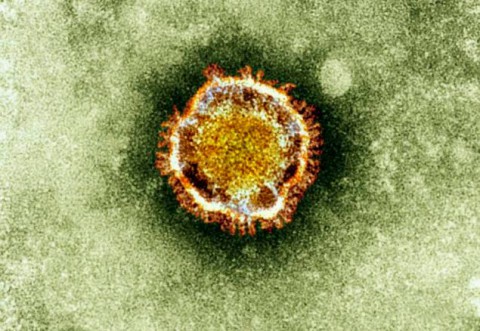 The most current data from the World Health Organization (WHO) indicates that the number of cases of MERS, the SARS-like Middle Eastern Respiratory Syndrome, is up to 136. To date, 58 people have died from the illness found in four countries on or near the Arabian Peninsula. No cases in the United States have been reported.
The most current data from the World Health Organization (WHO) indicates that the number of cases of MERS, the SARS-like Middle Eastern Respiratory Syndrome, is up to 136. To date, 58 people have died from the illness found in four countries on or near the Arabian Peninsula. No cases in the United States have been reported.
The MERS virus is a coronavirus similar to SARS which has been connected to several animals, including bats. While scientists at the Centers for Disease Control and Prevention (CDC), international health officials, medical professionals and epidemiologists work alongside biologists and other volunteers to better understand the precise cause of the virus, no one has yet unraveled the mystery of the MERS outbreak.
The first victim died in the fall of 2012 and international teams were put in place to better understand the spread of the illness. While their research has shed light on transmission mechanisms, no cure has been established.
In late September 2013, several new cases were identified. In 2012, it was unclear if the virus was spread from animals to humans only or if person to person transmission was possible. It is now known that close family members and health professionals can indeed transmit the disease. The survival rate is hovering around 50% for those who contract the disease. People with a weakened immune system and the elderly are at highest risk of death from the infection.
When the virus is detected early and treated aggressively, a more positive outcome is typically expected. The challenge with MERS is that it presents itself like a typical flu and progresses quickly to include symptoms including fever and breathing difficulties. While there is no vaccine to prevent MERS, there is a blood test that can confirm the presence of the virus.
The CDC and other officials continue to monitor cases and look for ways to better understand this potentially deadly disease. Health professionals at all levels need to be aware of the symptoms and facts surrounding this disease. At the current time, there are no travel restrictions to areas affected by MERS. However, travel nurses and other traveling health care professionals need to remain vigilant when traveling to areas most affected by MERS.









